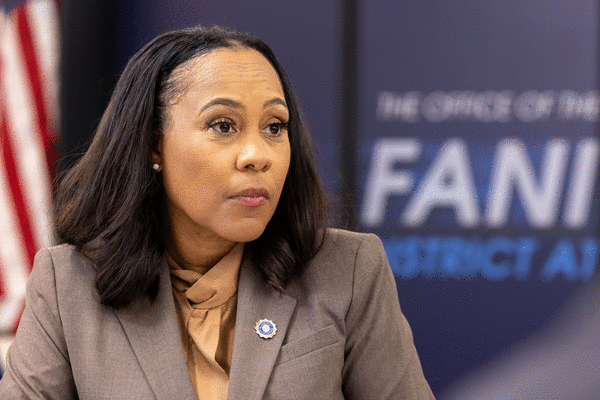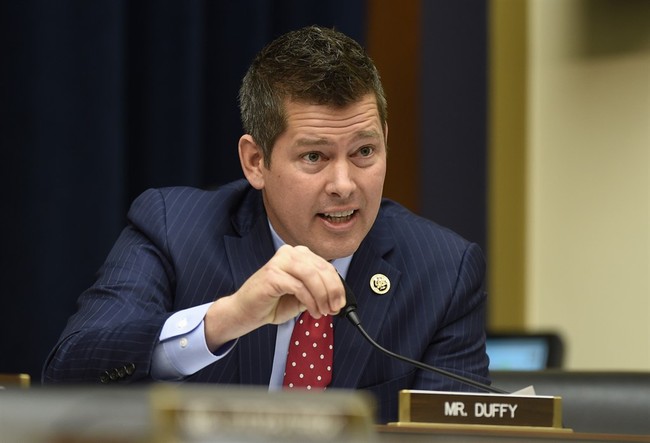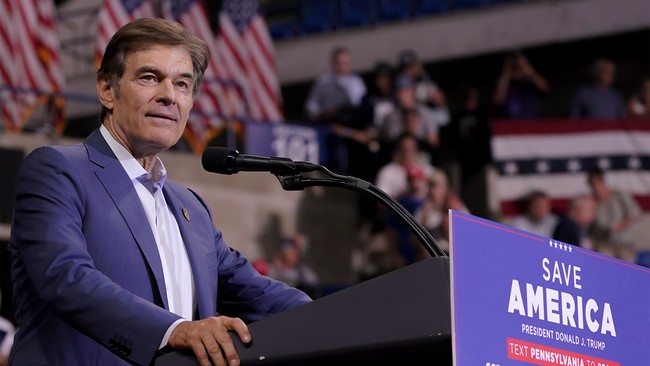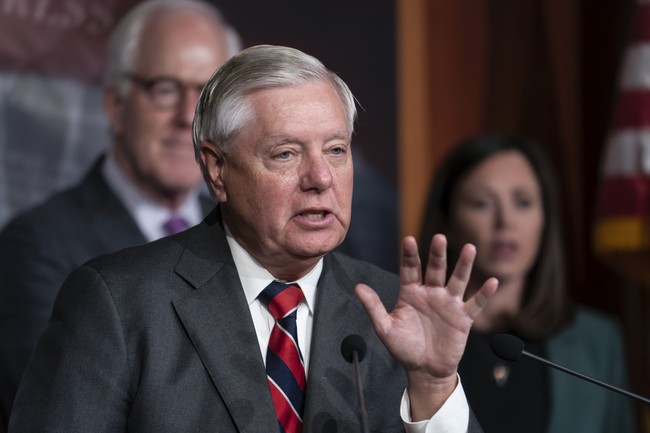Why The Guardian Abandoned Elon Musk's X Platform
Explore why The Guardian denounced X due to rising toxic content, far-right conspiracies, and its role in shaping political discourse. Learn the implications and reactions.
Published November 14, 2024 - 00:11am

Image recovered from arabnews.com
The Guardian, one of the United Kingdom's leading newspapers, has made the definitive move to cease operations on X, the social media platform formerly known as Twitter. This decision comes amidst mounting criticism of the platform's state since its acquisition by Elon Musk, the tech mogul and owner of Tesla. The newspaper, which boasts a substantial following on the platform, cites the prevalence of 'toxic content' and its concern over the platform's influence on political discourse as the primary reasons for this monumental decision.
The Guardian's announcement is not in isolation; several prominent media organizations have taken similar steps, each pointing to X's failure to curb the spread of misinformation, hate speech, and conspiracy theories. These developments underline a growing discourse on the responsibility of social media platforms to monitor and regulate the content shared within their ecosystems. A particular point of concern for The Guardian was the rampant spread of far-right conspiracy theories and racist content that seems to have increased following Musk's $44 billion purchase of the platform in October 2022.
Since Musk took over X, he has maintained a 'free speech absolutist' philosophy, promising minimal interference with the content posted on the platform. While this approach sounds idealistic in theory, it has drawn significant criticism from human rights organizations and government officials across the globe. They argue that the resulting lack of moderation allows damaging content to flourish unchecked, compromising the platform's integrity and public safety. These criticisms have gained further traction in the wake of the U.S. presidential election, where allegations of political bias and manipulation have surfaced.
The Guardian's decision comes as part of a broader reevaluation of its social media strategy. The newspaper emphasized that their resources could be better allocated to more effective platforms that align with their editorial principles and uphold responsible journalism. By leaving X, The Guardian aligns itself with other media stalwarts like National Public Radio and PBS in boycotting the platform. In both cases, their departure was driven by a combination of ethical concerns and disagreements with the platform's leadership over labeling and perceived bias.
Despite its departure, The Guardian has assured readers and followers that they can still share its content on X. Furthermore, its journalists will continue to use the platform as a tool for gathering information, acknowledging the platform's role in real-time news dissemination. This nuanced approach highlights the complex relationship between traditional media and new media platforms, where the lines between content creation and content sharing are increasingly blurred.
In response to the growing criticism, Elon Musk, who is set to play a role in Donald Trump's cabinet after the recent election, has downplayed the impact of these departures, calling them 'insignificant'. The comment reflects a broader stance by Musk, who has often rebuffed concerns about content moderation with assertions of defending free speech. However, critics argue that this defense fails to account for the platform's societal impact and the potential harm caused by unchecked misinformation.
The Guardian's exit is also reflective of a shift in business models for news organizations. In an age where digital presence greatly influences readership and revenue, these organizations are becoming increasingly cautious about the platforms they engage with. The Guardian has noted that its financial model is increasingly based on direct reader contributions rather than reliance on social media algorithms and viral content. This shift could signal a trend where more organizations prioritize reader trust and ethical standards over broad digital reach.
As the debate over social media responsibility continues, The Guardian's move may prompt other media entities to reassess their relationship with platforms like X. The ongoing discussions remind us of the delicate balance between freedom of speech and the need for responsible content moderation, a conversation that will undoubtedly be pivotal in shaping the future of digital communications and media ethics.







